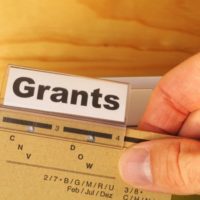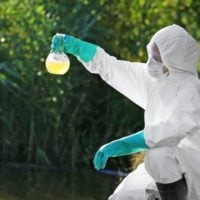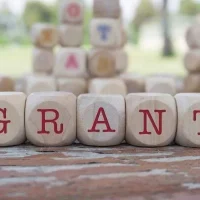Deadline: 06-Oct-21
Call for proposals are now open for Resilient Livestock Farming Systems under Climate Change.
Scope
- Terrestrial livestock production is considered a large contributor to anthropogenic GHG emissions worldwide and emissions of pollutants to air and water.
- Although emission intensity in Europe is lower in comparison to many other regions of the world, options to better assess and improve the emissions balance of terrestrial livestock production, weather intensive or extensive/low input, including organic, are necessary, including the evaluation of appropriate indicators of GHG emissions in different breeds, environments and production systems, in order not to rely solely on a reduction of the demand in food of animal origin to improve the emission balance of the sector.
- A variety of options have been identified, but are not yet common practice, and the potential of breeding to contribute to an improved GHG balance was not much investigated so far.
- In addition, the likelihood of further climate change occurring, and the increasing scale of potential climate impacts require addressing agricultural adaptation of the livestock sector as well.
Funding Information
Grant amount is equal to or greater than EUR 500 000 except for:
- public bodies (entities established as a public body under national law, including local, regional or national authorities) or international organisations; and
- cases where the individual requested grant amount is not more than EUR 60 000 (lowvalue grant).
Expected Outcomes
- A successful proposal will contribute to the European Green Deal and international objectives to foster climate change mitigation, pollution prevention and control, and adaptation in agriculture.
- It will in particular support the farm to fork strategy objective for a transition to a fair, healthy and resilient European agriculture. It will contribute to climate action on land and more specifically towards climate neutrality by reducing greenhouse gas (GHG) emissions and enhancing natural carbon sinks: better understanding and mobilising the mitigation and adaptation potential of livestock farming and related sectors based on the sustainable management of natural resources.
- The following outcomes are expected:
- Enhanced adoption by farmers and other relevant actors of innovations that increase the mitigation and adaptation capacity of livestock farming systems to climate change, at animal, population and farm level, therefore improving the resilience of production systems as well as animal health and welfare.
- Improved capacity to assess the environmental and socio-economic impact of mitigation and adaptation practices and options at different scales, alone and in combination.
- Consolidated transition towards a resilient livestock production with novel integrated approaches (in terms of management, breeding, feeding, local resources use, etc.) defined for different climate change scenarios.
Eligibility Criteria
- Any legal entity, regardless of its place of establishment, including legal entities from non-associated third countries or international organisations (including international European research organisations) is eligible to participate (whether it is eligible for funding or not), provided that the conditions laid down in the Horizon Europe Regulation have been met, along with any other conditions laid down in the specific call topic.
- A ‘legal entity’ means any natural or legal person created and recognised as such under national law, EU law or international law, which has legal personality and which may, acting in its own name, exercise rights and be subject to obligations, or an entity without legal personality.
- To be eligible for funding, applicants must be established in one of the eligible countries, i.e:
- the Member States of the European Union, including their outermost regions;
- the Overseas Countries and Territories (OCTs) linked to the Member States;
- eligible non-EU countries:
- countries associated to Horizon Europe
- low- and middle-income countries
For more information, visit https://bit.ly/2TCECqj






![Call for Applications: “Voices in Motion” Program [Sri Lanka] - fundsforNGOs Call for Applications: “Voices in Motion” Program [Sri Lanka]](https://www2.fundsforngos.org/wp-content/uploads/2023/04/dance-200x200.jpg)


































